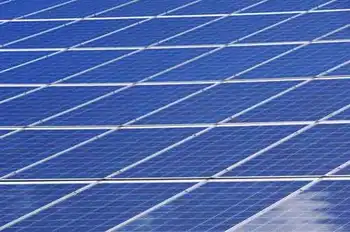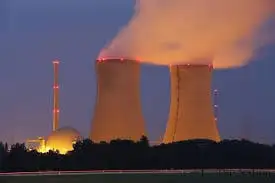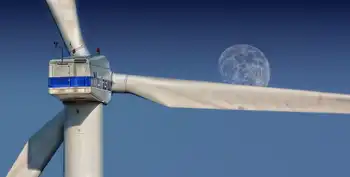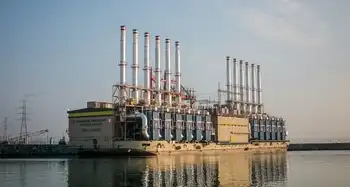Wind turbine firms close Spanish factories as Coronavirus restrictions tighten
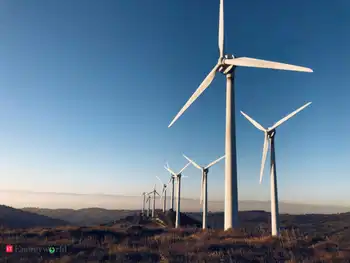
Substation Relay Protection Training
Our customized live online or in‑person group training can be delivered to your staff at your location.

- Live Online
- 12 hours Instructor-led
- Group Training Available
Spain Wind Turbine Factory Shutdowns disrupt manufacturing as Vestas, Siemens Gamesa, and Nordex halt Spanish plants amid COVID-19 lockdowns, straining supply chains and renewables projects across Europe, with partial operations and maintenance continuing.
Key Points
COVID-19 lockdowns pause Spanish wind factories by Vestas, Siemens Gamesa, and Nordex, disrupting supply chains.
✅ Vestas, Siemens Gamesa, Nordex halt Spanish manufacturing
✅ Service and maintenance continue under safety protocols
✅ Supply chain and project timelines face delays in Europe
Europe’s largest wind turbine makers on Wednesday said they had shut down more factories in Spain, a major hub for the continent’s renewables sector, in response to an almost total lockdown in the country to contain the coronavirus outbreak as the Covid-19 crisis disrupts the sector.
Denmark’s Vestas, the world No.1, has suspended production at its two Spanish plants, a spokesman told Reuters, adding that its service and maintenance business was still working. Vestas has also paused manufacturing and construction in India, which is under a nationwide lockdown too, he said, and similar disruptions could stall U.S. utility solar projects this year.
Top rival Siemens Gamesa, known for its offshore wind turbine lineup, suspended production at six Spanish factories on Monday, bringing total closures there to eight, a spokeswoman said.
Four components factories are still partially up and running, at Reinosa on the north coast, Cuenca near Madrid, Mungia and Siguiero, she added.
Germany’s Nordex, the No.8 globally which is 36% owned by Spain’s Acciona, has now shuttered all of its production in Spain, even as new projects like Enel’s 90MW build move ahead, including two nacelle casing factories in Barasoain and Vall d’Uixo, as well as a rotor blade site in Lumbier.
“Production is no longer active,” a spokeswoman said in response to a Reuters query.
The new closures take the number of idled wind power factories on the continent to 19, all in Spain and Italy, the European countries worst hit by the pandemic, with investments at risk across the sector.
Spain is second only to Italy in terms of numbers of coronavirus-related fatalities and restrictions have become even stricter in the country’s third week of lockdown at a time when renewables surpassed fossil fuels for the first time in Europe.
“Some factories have temporarily paused activity as a precautionary step to strengthen sanitary measures within the sites and guarantee full compliance with government recommendations,” industry association WindEurope said, noting that wind power grows in some markets despite the pandemic.





